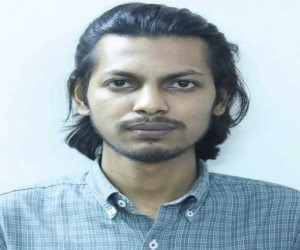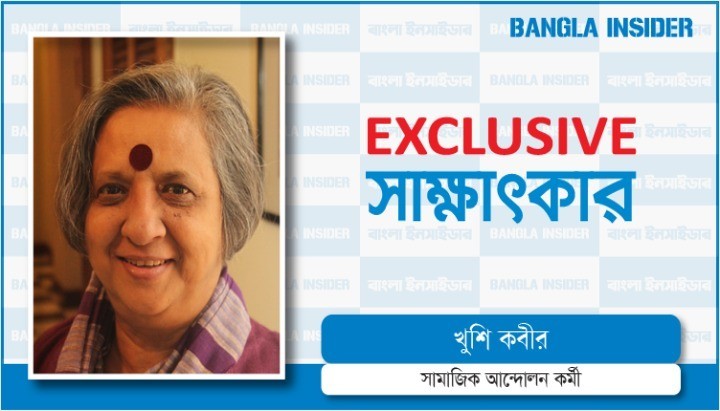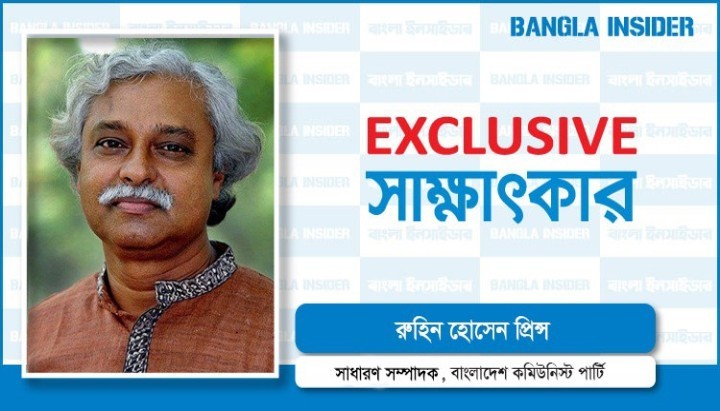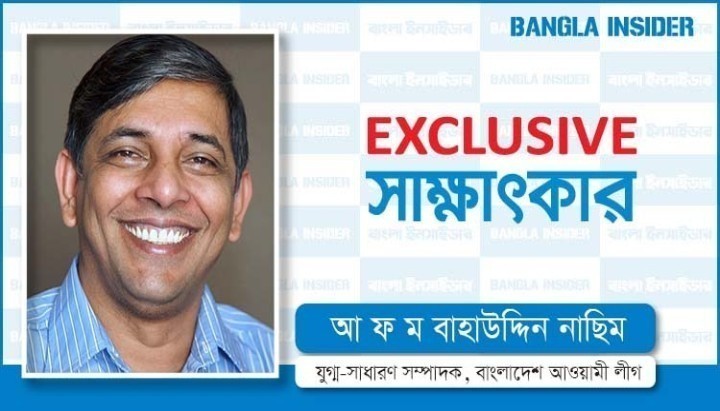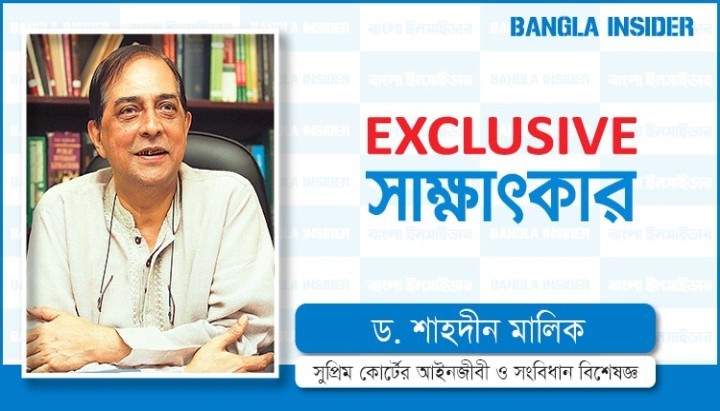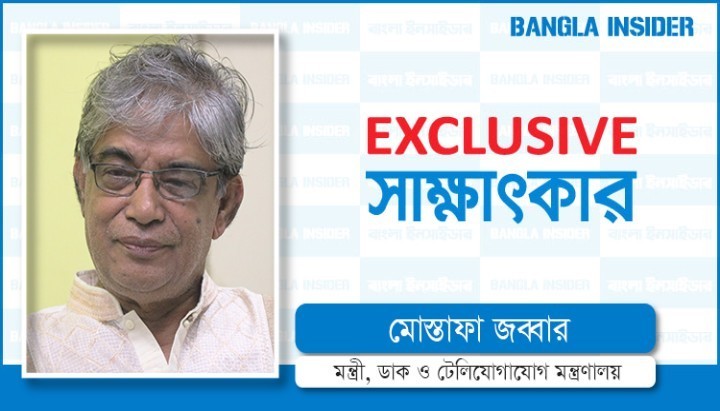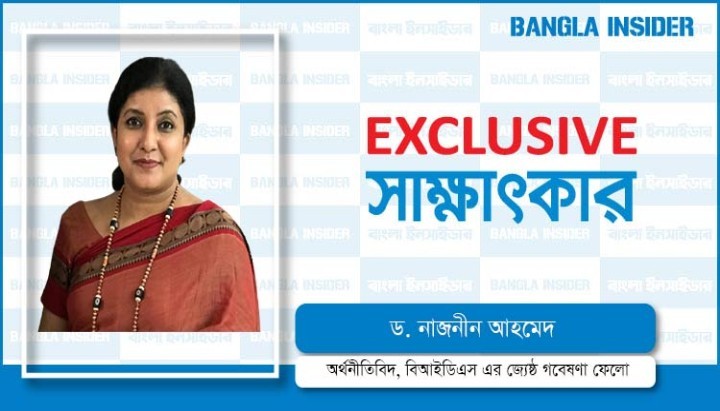Dr.
Nazneen Ahmed, a renowned economist in Bangladesh,
has achieved unparalleled success in her own right. Beyond the borders of the
country, she is now internationally recognized. She is working as the Country
Economist for the United Nations Development Programme (UNDP) in Bangladesh.
Before this role, Dr. Nazneen Ahmed served as a Senior Research Fellow at the
Bangladesh Institute of Development Studies (BIDS). Dr. Nazneen has been
conducting research on various aspects of economics, labor markets, industrial
sectors, international trade, regional cooperation, gender, and more for a long
time. She has actively participated in various government policy initiatives,
including serving as the Director of Palli Sanchay Bank, and has been involved
in several government initiatives at different times. She was a member of the
7th Five-Year Plan Preparation Panel.
Recently,
discussions have taken place with Dr. Nazneen Ahmed on various issues,
including the public hearing on natural gas prices and rising inflation in
Bangladesh. This interview is conducted by Md. Oliul Islam, a Staff
correspondent for Bangla Insider.
Bangla Insider:
How are you viewing the issue of determining natural gas prices?
Dr. Nazneen Ahmed:
In the case of gas, it's not about increasing or decreasing prices but rather
about using meters for gas consumption. Each individual should pay according to
their actual usage. Currently, there are no fixed meters for gas, which means
that I have no control over how much or how little I use. Therefore, the most
significant demand in the case of gas should be to establish a gas meter system
for everyone and introduce a billing system through prepaid cards. That's the
real solution.
By
doing this, the government can ensure proper control over gas prices, and
consumers will pay according to their usage. This is the actual solution. The
practice of increasing gas prices periodically ultimately burdens ordinary
people.
Bangla Insider:
How does rising inflation affect our lives?
Dr. Nazneen Ahmed:
Rising prices of goods mean inflation. When the prices of goods increase, the
flow of inflation continues. There is nothing particularly unique about it.
People suffer due to inflation because the cost of living rises.
Bangla Insider:
Who is responsible for controlling inflation in Bangladesh?
Dr. Nazneen Ahmed:
To reduce inflation, the government needs to take measures. They have already
taken steps by regulating rationing using government cards. The number of OMS
shops is also increasing. These initiatives should be kept intact.
Bangla Insider:
Why is the government not taking the initiative to reduce prices?
Dr. Nazneen Ahmed: Internationally,
the prices of goods are increasing, making it difficult for the government to
reduce prices. Moreover, giving a lot of stimulus is not possible either.
Because the burden of that stimulus will fall on all of us. Therefore, at this
time, it is necessary to directly assist people with low incomes.
Bangla Insider:
How far is the government's card-based rationing system reaching remote areas?
Dr. Nazneen Ahmed:
The government has taken steps to distribute rations through card systems, and
the distribution process has started. However, it will take a lot of time to
reach remote areas. Because our population is vast. What used to happen before
with OMS is not possible now. As the supply chain remains intact, it needs to
be improved.
Bangla Insider:
Thank you.
Dr. Nazneen Ahmed: Thank you to all of
you as well.

